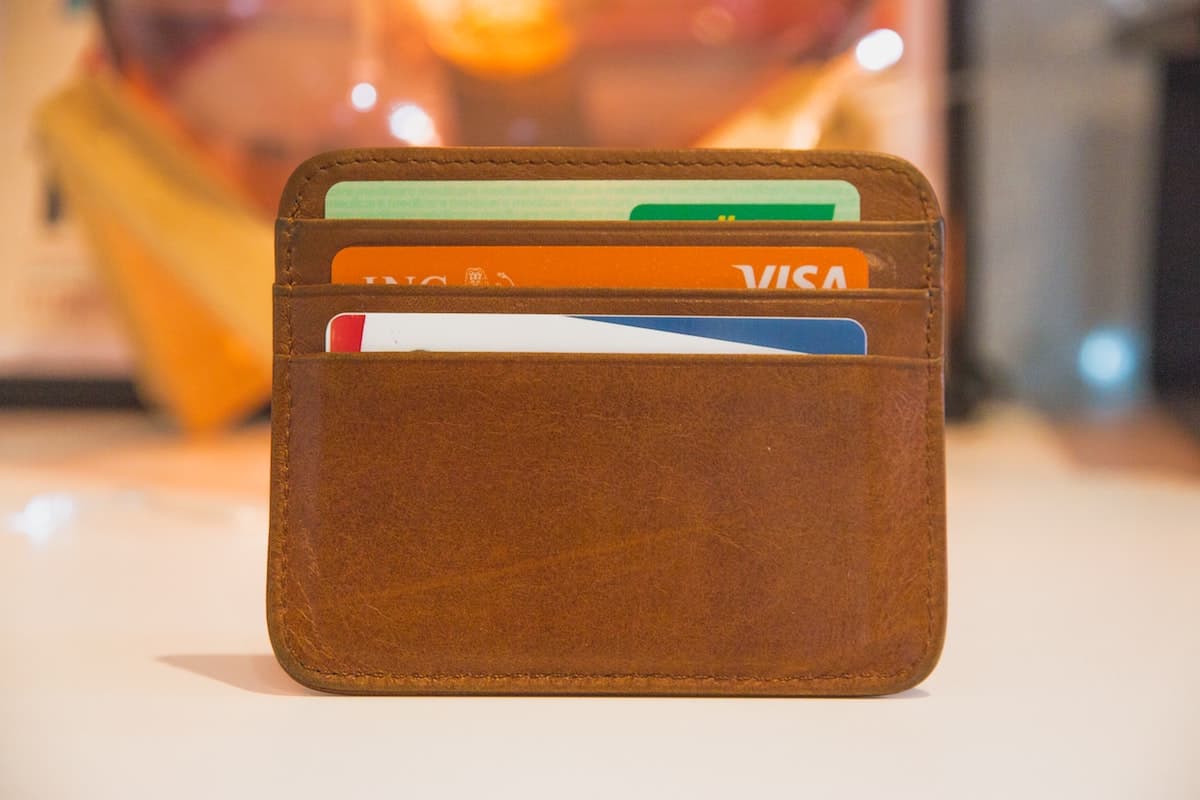It’s known by a variety of names, such as the black economy, or even the cash or hidden economy. It is when people or businesses deliberately hide income to avoid paying the right amount of tax or superannuation. One of the ways they do this is by not recording or reporting all their cash income or electronic transactions.
It is something the ATO is looking to stamp out as it is unfair to those honest taxpayers and businesses.To help stamp this out the ATO conduct audits.
In the event of an audit the ATO will request information to help identify unreported cash income in the household expenditure.
When making an assessment while examining an individual’s tax affairs, the ATO follow assessment guidelines which are in the form of questionnaire worksheets. These worksheets require taxpayers to provide particular details about the living expenses of their household. An individual may also be required to provide information to determine if they need to make adjustments to their business and record-keeping practices.
The questionnaire worksheet outlines what the tax office looks at when examining personal living expenses. The worksheets can be used at any time by individuals to:
- Compare their household income to expenses and assess if their declared income is enough to support their lifestyle.
- Review their record keeping.
- Make adjustments to their reported income.
- Consider whether making a voluntary disclosure is necessary.
Discrepancies in tax returns discovered by individuals can be adjusted through voluntary disclosure. Making a voluntary disclosure will enable correction of tax affairs without admitting liability. Individuals will still have to pay any tax owed, interest and penalties applied. Taxpayers who voluntarily inform the ATO of mistakes before an audit may be eligible for reduced penalties.
There are two worksheets available from the ATO you can complete – a household snapshot of incomings and outgoings and a comprehensive indepth analysis.








